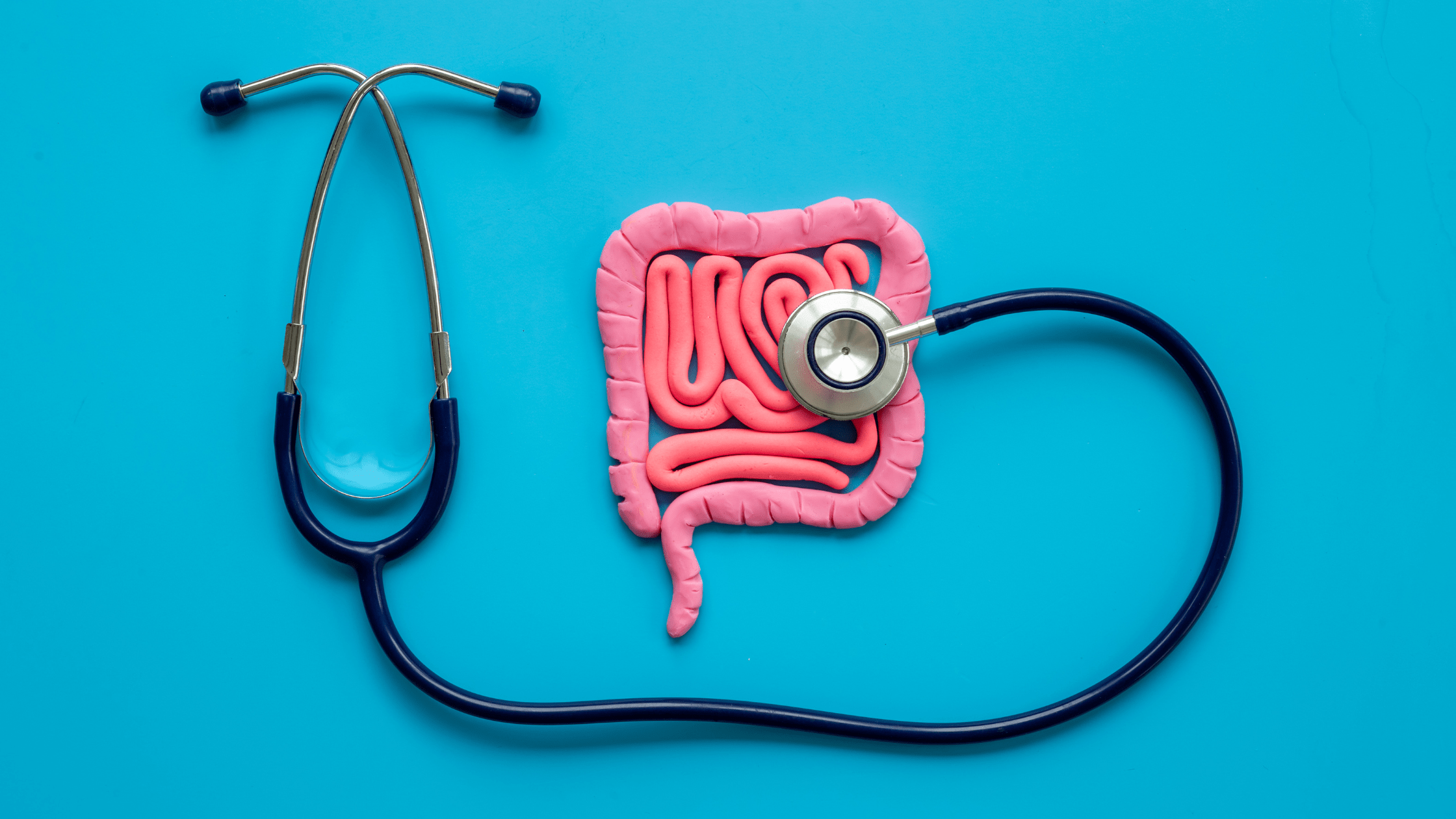The Gastrointestinal Microbiome Should be a Consideration in any Mental Health Treatment Plan
Have you noticed how many patients with depression, anxiety, bipolar disorder and other mental health conditions struggle with gastrointestinal complaints? Correlations between irritable bowel disease, functional dyspepsia and mental health symptoms have been noted for many years in the research literature (Barry 2006, Lin 2019, Zamani 2019). And yet these correlations to this day are still not fully understood and often just ignored.
However, it’s worth noting that evidence continues to build that treating the gut has significant effects on mental health. A meta-analysis from 2021 suggested that probiotics may help improve both depression and anxiety symptoms (El Dib 2021). A more recent umbrella meta analysis concluded that treatment with probiotics at doses greater than 10-billion-colony-forming units per day for eight weeks or more provided better antidepressant effects than shorter protocols with smaller doses (Musazadeh 2023). Treating the gut can make a difference with your patients!
Clostridia Overgrowth and Mental Health
Other research suggests that disruption of the normal gastrointestinal microbiota with overgrowth of clostridia bacterial species can lead to adverse mental health outcomes. Based on the findings, it appears that clostridia bacteria can produce a metabolite that disrupts dopamine neurotransmitter function. While more research is needed, clostridia overgrowth has been tied to schizophrenia, autism, attention-deficit/hyperactivity disorder and severe depression (Shaw 2010).
In one of the original cases, levels of the clostridia metabolite were extremely high in a patient during an acute psychotic episode. Treatment with an antibiotic resolved the psychotic episode without the need for antipsychotic medications.
Mental health and the gastrointestinal microbiome are clearly intertwined. Learning how to evaluate your patients’ microbiome as a factor in their mental health can be instrumental for their recovery. If you’re ready to learn more, consider joining our winter fellowship training in Functional and Integrative Psychiatry.
Join Our Integrative Psychiatry Fellowship!
Our next Fellowship starts January 2024, covering nine critical subject areas, including the gastrointestinal microbiome. The coursework lays a foundation in integrative medicine, while giving you an advanced tool kit to treat your patients’ mental health symptoms. Plus, you get access to the Psychiatry Redefined community where you’ll find a private space to discuss cases and treatments with peers and faculty.
Dr. Madrigal, a previous fellow, described her own experience: “I feel more confident that I’m offering my patients a better approach, the best really, and I can make my approach more scientific and accurate.”
If you want to learn the latest functional approaches to use with your patients, join our next fellowship session starting January 2024.
Interested, but have questions? Click here to book a private discovery phone call with me or our faculty to learn more and see if this program is right for you!
Are you ready to learn nutritional and digestive interventions to help your patients find lasting wellness?
Enroll now in our Fellowship for all mental health professionals. Book a private call with our faculty to learn more!
References
Barry S, Dinan TG. Functional dyspepsia: are psychosocial factors of relevance? World J Gastroenterol. 2006 May 7;12(17):2701-7. doi: 10.3748/wjg.v12.i17.2701. PMID: 16718756; PMCID: PMC4130978.
El Dib R, Periyasamy AG, de Barros JL, et al. Probiotics for the treatment of depression and anxiety: A systematic review and meta-analysis of randomized controlled trials. Clin Nutr ESPEN. 2021;45:75-90. doi:10.1016/j.clnesp.2021.07.027
Lin S, Gao T, Sun C, Jia M, Liu C, Ma A. The association between functional dyspepsia and depression: a meta-analysis of observational studies. Eur J Gastroenterol Hepatol. 2019;31(8):911-918. doi:10.1097/MEG.0000000000001451
Musazadeh V, Zarezadeh M, Faghfouri AH, et al. Probiotics as an effective therapeutic approach in alleviating depression symptoms: an umbrella meta-analysis. Crit Rev Food Sci Nutr. 2023;63(26):8292-8300. doi:10.1080/10408398.2022.2051164
Shaw W. Increased urinary excretion of a 3-(3-hydroxyphenyl)-3-hydroxypropionic acid (HPHPA), an abnormal phenylalanine metabolite of Clostridia spp. in the gastrointestinal tract, in urine samples from patients with autism and schizophrenia. Nutr Neurosci. 2010;13(3):135- 143. doi:10.1179/147683010X12611460763968
Zamani M, Alizadeh-Tabari S, Zamani V. Systematic review with meta-analysis: the prevalence of anxiety and depression in patients with irritable bowel syndrome. Aliment Pharmacol Ther. 2019;50(2):132-143. doi:10.1111/apt.15325


